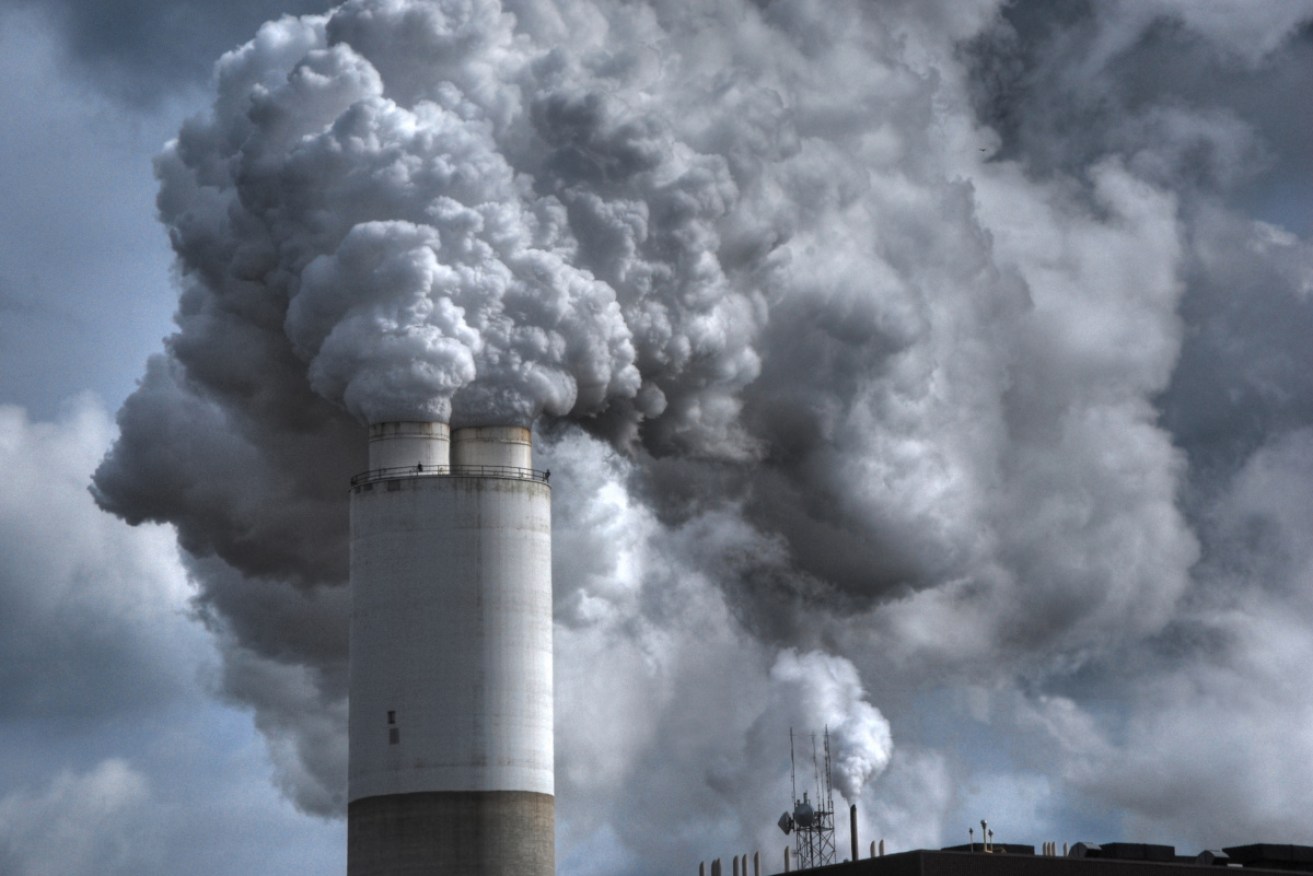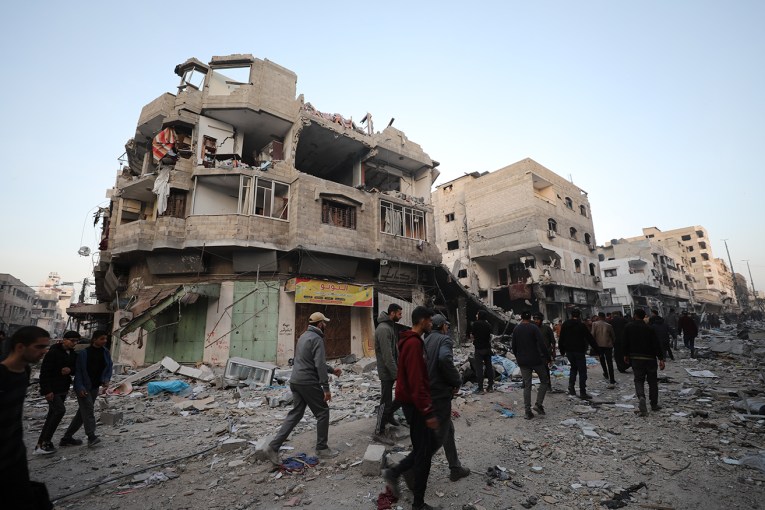Live somewhere with polluted air? Your risk of dying of COVID is higher


The COVID-19 death count in Australia is among those least affected by air pollution. Photo: Getty
The deaths of more than 174,000 people from the coronavirus could have been avoided if it weren’t for the harmful, man-made pollutants dirtying the air.
Rsearch reveals that 15 per cent of lives lost to the coronavirus is linked to long-term exposure to air pollution.
With the current global death toll of more than 1.16 million, it amounts to more than 174,000 lives lost.
COVID fatalities in Australia and New Zealand have been the least affected by the air quality, which is estimated to have contributed to 3 per cent and 1 per cent of coronavirus deaths, respectively.
That means about 27 of the 905 deaths from COVID in Australia could be attributed to air pollution exposure, the study published in the journal Cardiovascular Research found.
It’s likely none of the 25 people who succumbed to the virus in NZ had the added burden of health complications occurring from long-time exposure to air pollutants.
Meanwhile, COVID sufferers in the Czech Republic, China and Germany have had the worst chance of avoiding the harmful effects of breathing in polluted air.
In each of these countries, it’s estimated that more than one in four people who became infected with the virus and died could have had a better chance or survival with cleaner air.
The findings show air pollution is taking its greatest toll in countries hardest hit by the virus.
The air quality is estimated to have increased the COVID death toll by 27 per cent across east Asia, 19 per cent in Europe and 17 per cent in North America.
These percentages represent “the fraction of COVID-19 deaths that could be avoided if the population were exposed to lower counterfactual air pollution levels without fossil fuel-related and other anthropogenic [caused by humans] emissions”, the researchers wrote.
Data from the World Health Organisation previously showed that nine in 10 people across the globe breathe in highly polluted air.
Every time that happens, tiny air pollutant particles called PM2.5 make their way through the lungs to the blood and blood vessels, said Professor Thomas Münzel from the Germany-based research team.
He said this leads to inflammation and severe oxidative stress, which occurs when there aren’t enough cell-repairing oxidants in the body to prevent oxygen-containing molecules called free radicals from becoming toxic.
This imbalance causes damage to the inner lining of artery walls, and the endothelium, a layer of cells that line the walls of blood vessels, said Professor Münzel from Germany’s Johannes Gutenberg University and the German Centre for Cardiovascular Research.
Over time, as more and more air pollutant particles enter the body, the arteries will narrow and stiffen.
The coronavirus that also enters the body through the lungs causes similar damage to blood vessels and reduces the ability of arteries to fully dilate, Professor Münzel said.
This is “now considered to be an endothelial disease”, he said.
“If both long-term exposure to air pollution and infection with the COVID-19 virus come together then we have an additive adverse effect on health, particularly with respect to the heart and blood vessels, which leads to greater vulnerability and less resilience to COVID-19.
“If you already have heart disease, then air pollution and coronavirus infection will cause trouble that can lead to heart attacks, heart failure and stroke.”
As the COVID-19 death count continues to increase, so will the number of those infected who will die a preventable death from air pollution, the research warns.








